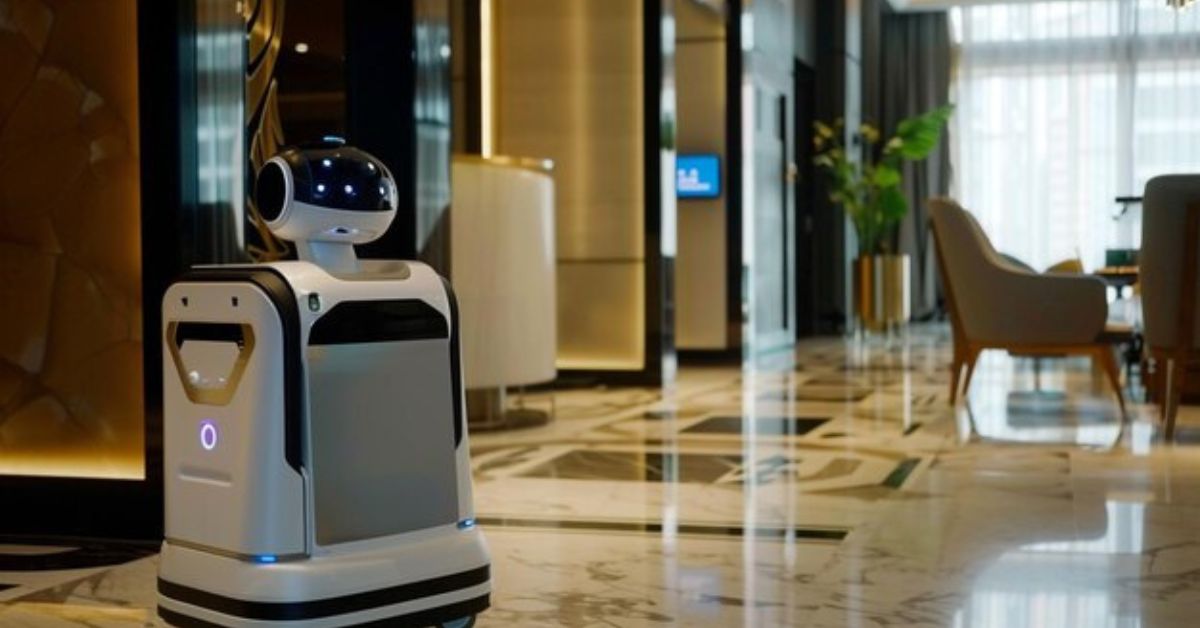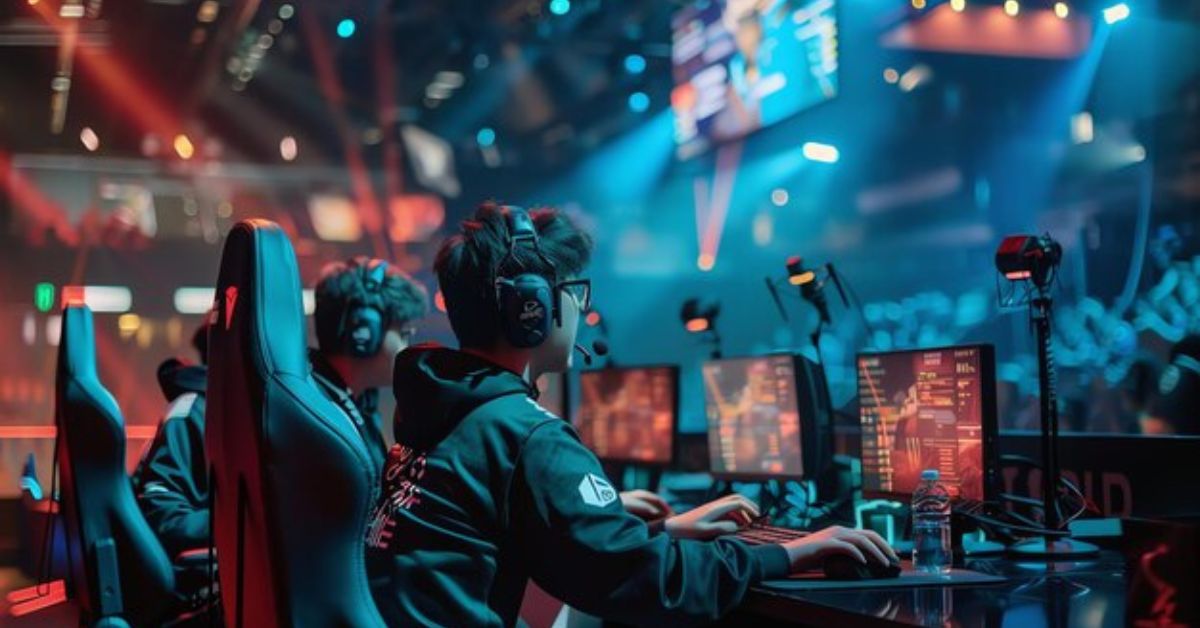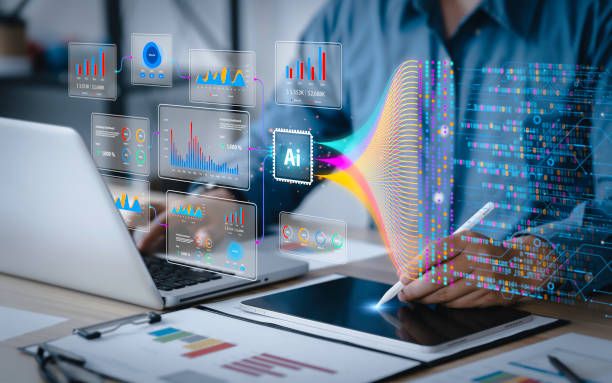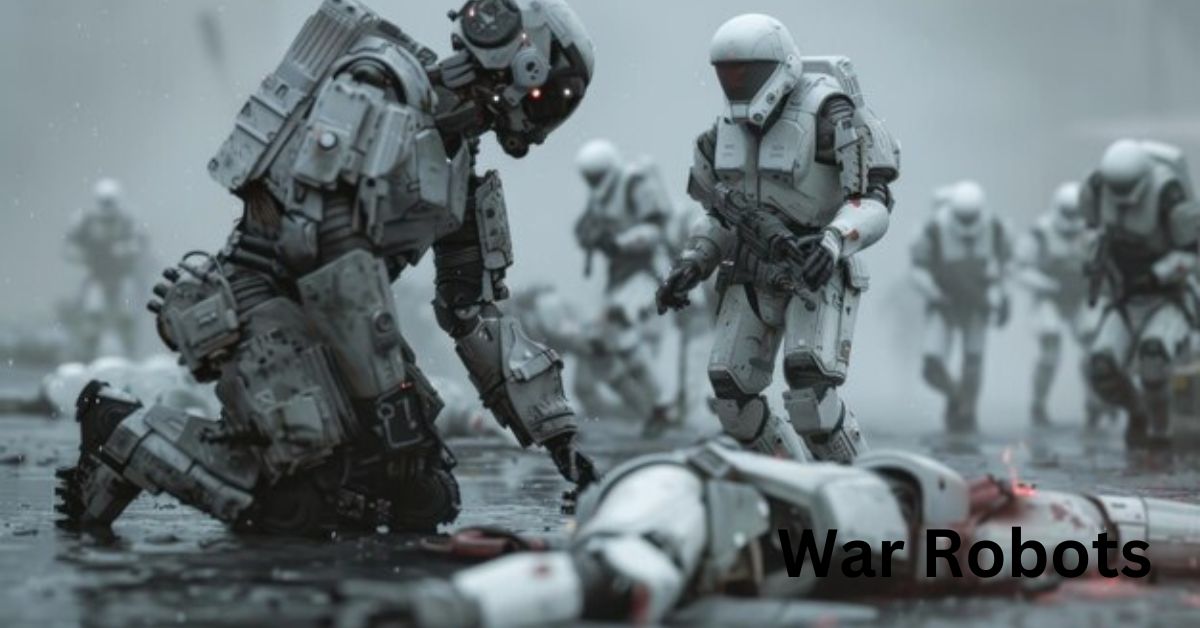The janitorial industry, once heavily reliant on manual labor, is rapidly transforming due to advancements in Artificial Intelligence (AI). AI-powered janitorial systems are optimizing cleaning processes, improving efficiency, and enhancing overall sanitation standards. As businesses continue to adopt these technologies, janitors’ roles are evolving, creating a synergy between human skill and AI efficiency. This article delves into the innovative ways AI is reshaping the janitorial industry, its benefits, and what the future holds for both companies and janitors.
The Evolution of AI in Janitorial Services
Artificial intelligence has made significant strides in various industries, and the janitorial sector is no exception. Traditionally, janitorial services were synonymous with manual labor, but AI is transforming this perception. Early implementations of AI in janitorial services involved basic automation such as robotic vacuum cleaners. However, today, AI is taking janitorial services to an entirely new level with more sophisticated applications, including machine learning and advanced robotics.
One key factor driving the evolution of AI in janitorial services is the increasing need for enhanced sanitation. With the rise of global health concerns, particularly after the COVID-19 pandemic, businesses have become more focused on maintaining high hygiene standards. This urgency has accelerated the adoption of AI-powered tools that ensure thorough cleaning while minimizing human error.
AI-Powered Cleaning Robots: The New Workforce
AI-powered cleaning robots are quickly becoming an integral part of the janitorial workforce. These robots are equipped with advanced sensors, cameras, and machine learning algorithms that allow them to navigate complex environments and perform a wide range of cleaning tasks autonomously.
One of the biggest advantages of AI cleaning robots is their ability to operate 24/7 without the need for rest. This continuous operation allows businesses to maintain spotless environments without hiring additional staff for nighttime cleaning shifts. Furthermore, these robots can clean areas that may be hazardous or difficult for human workers to access, such as narrow ducts, high ceilings, and contaminated zones.
Beyond simple cleaning, AI robots can be programmed to adapt to specific cleaning requirements. For example, in healthcare facilities, they can be set to prioritize disinfecting high-touch surfaces, while in retail settings, they can focus on maintaining the cleanliness of high-traffic areas. This adaptability makes AI an ideal solution for meeting the unique cleaning demands of different industries.
Enhanced Efficiency and Cost Savings
AI integration into janitorial services is leading to significant improvements in efficiency and cost savings for businesses. AI systems can monitor and assess cleaning needs in real-time, which helps in optimizing resource allocation. For example, rather than scheduling cleanings at fixed intervals, AI systems can identify areas that require immediate attention based on foot traffic, spills, or sanitation needs, reducing unnecessary cleaning efforts.
Cost savings are another major benefit of AI-powered janitorial services. While the initial investment in AI technology may be higher, businesses quickly recoup their costs through savings on labor and cleaning supplies. Additionally, AI systems reduce the likelihood of over-cleaning or under-cleaning, which leads to further cost efficiency. Maintenance costs for AI equipment are also relatively low, particularly when compared to human labor costs in the long run.
Data-Driven Cleaning: A Smarter Approach
Data analytics is a critical component of AI-driven janitorial services. AI systems can gather and analyze large amounts of data related to cleaning processes. This data includes information about the most frequently used areas, levels of cleanliness over time, and specific sanitation needs based on environmental factors.
By analyzing this data, AI systems can provide actionable insights that help janitorial teams make informed decisions about cleaning priorities. For example, if a particular area of a facility experiences higher foot traffic during certain hours, the AI system can recommend scheduling cleaning during less busy times to avoid disruptions. Additionally, the system can predict when certain cleaning supplies will need replenishing, ensuring that janitorial teams are always prepared.
Data-driven cleaning not only increases efficiency but also ensures that facilities maintain optimal hygiene standards. This is particularly important in industries like healthcare and food services, where cleanliness is paramount for safety and compliance.
The Role of AI in Green Cleaning Practices
Sustainability is a growing concern for businesses across all industries, and janitorial services are no exception. AI is playing a pivotal role in promoting green cleaning practices by minimizing waste and optimizing the use of cleaning products.
AI-powered janitorial systems can determine the exact amount of cleaning solution needed for a specific task, preventing overuse and reducing the environmental impact of chemical cleaners. These systems can also recommend eco-friendly products and track the carbon footprint of cleaning operations. In this way, AI is helping businesses meet their sustainability goals while maintaining high standards of cleanliness.
Additionally, AI cleaning robots are often energy-efficient, consuming less power than traditional cleaning equipment. They can also be programmed to operate during off-peak hours, further reducing energy consumption.
The Changing Role of Human Janitors
While AI is undoubtedly transforming janitorial services, it is not eliminating the need for human workers. Instead, it is changing the role of janitors, shifting their responsibilities from manual cleaning tasks to overseeing AI systems and managing more complex cleaning scenarios.
Human janitors are still essential for tasks that require a high level of judgment or dexterity, such as spot cleaning, handling delicate surfaces, or responding to unexpected situations like spills. However, with AI taking over routine and repetitive tasks, janitors can focus on more specialized roles, such as quality control, equipment maintenance, and customer service.
AI also presents opportunities for career advancement in the janitorial industry. Workers can gain new skills by learning to operate and maintain AI systems, which can lead to higher-paying positions and increased job satisfaction.
Challenges and Ethical Considerations
Despite the many benefits of AI in janitorial services, there are also challenges and ethical considerations to address. One concern is the potential for job displacement as AI systems become more widespread. While AI is enhancing efficiency, some workers may fear losing their jobs to machines.
To mitigate this, companies should invest in retraining programs that help janitors acquire new skills related to AI technology. This not only ensures job security for workers but also allows businesses to maximize the benefits of AI by creating a highly skilled workforce.
There are also ethical concerns regarding data privacy and security. AI systems collect vast amounts of data during the cleaning process, and businesses must ensure that this data is handled responsibly. Strict protocols should be in place to protect sensitive information and prevent any potential breaches.
The Future of AI in Janitorial Services
As AI technology continues to advance, its role in janitorial services is expected to grow. Future developments may include even more sophisticated cleaning robots with enhanced capabilities, such as detecting and neutralizing airborne pathogens. AI could also be integrated with the Internet of Things (IoT) to create fully autonomous smart buildings where janitorial systems operate seamlessly alongside other building management technologies.
AI-driven janitorial systems are likely to become standard in industries where cleanliness is critical, such as healthcare, hospitality, and food service. However, as these technologies become more affordable, they will likely be adopted by businesses of all sizes.
The future of janitorial services is one of collaboration between humans and machines, with AI taking on routine tasks while human workers focus on higher-value activities. This partnership will lead to cleaner, more efficient, and safer environments for all.
Conclusion
Artificial Intelligence is revolutionizing the janitorial industry, transforming how cleaning services are delivered and managed. From AI-powered cleaning robots to data-driven insights, businesses are benefiting from improved efficiency, cost savings, and enhanced sanitation. While AI is changing the role of human janitors, it is not replacing them; instead, it is creating opportunities for skill development and career growth. As AI technology continues to evolve, the future of janitorial services looks promising, with cleaner, greener, and smarter facilities on the horizon.










